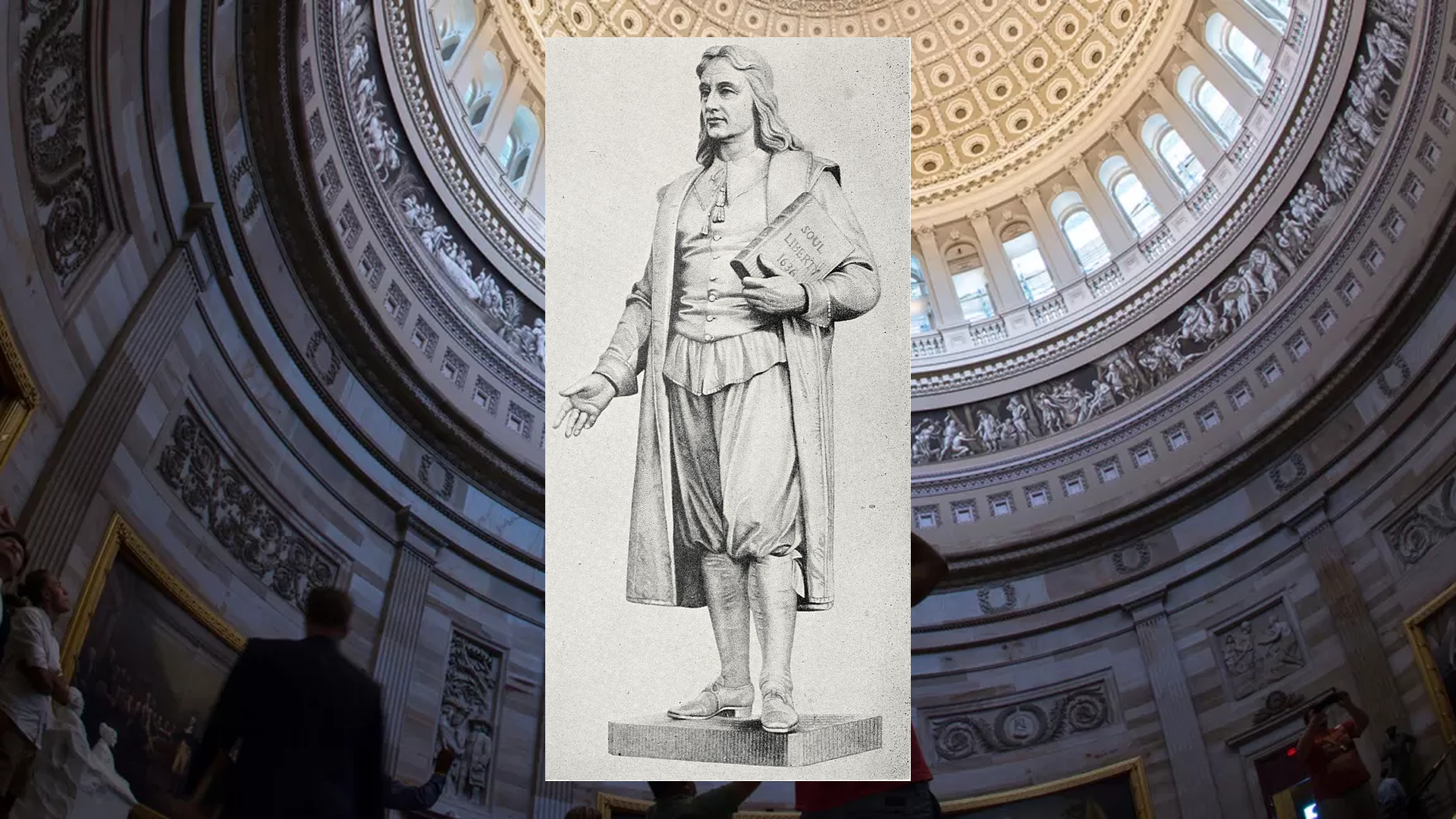We have received text from H.R. 4117: Fuel Emissions Freedom Act. This bill was received on 2025-06-24, and currently has 2 cosponsors.
Here is a short summary of the bill:
This bill, known as the Fuel Emissions Freedom Act, aims to significantly change the regulations surrounding fuel emissions standards for motor vehicles in the United States. Below is a detailed summary of its main components:
1. Purpose of the Bill
The bill seeks to repeal existing fuel emissions regulations under the Clean Air Act. It argues that the current system of overlapping and frequently changing emissions standards raises costs, creates uncertainty, and burdens manufacturers, particularly small and medium-sized businesses. By eliminating these standards, the bill claims it will enhance regulatory certainty, lower costs for consumers, and boost U.S. manufacturing.
2. Key Provisions
- Repeal of Federal Emission Standards: The bill proposes to repeal Section 202 of the Clean Air Act, which pertains to federal motor vehicle emission standards.
- State Standards Preemption: It removes the authority of states to set their own fuel emissions standards. This includes amending Section 209 of the Clean Air Act to eliminate state waivers and standards, effectively preventing states from implementing stricter regulations than those set by the federal government.
- Repeal of Fuel Economy Standards: The bill also seeks to repeal sections of Title 49 of the U.S. Code that establish automobile fuel economy standards, further diminishing regulatory requirements concerning fuel efficiency.
3. Effect on Regulations
Upon enactment, any existing federal or state regulations regarding fuel emissions would be nullified. This means that no organization, whether federal or state level, would be able to enforce standards pertaining to vehicle fuel emissions.
4. Justification for Changes
The sponsors of the bill provide several justifications for these changes:
- They argue that current fuel emissions regulations lead to increased costs for both consumers and manufacturers.
- They point out that a fragmented regulatory framework creates inefficiencies and compliance challenges for businesses.
- The bill outlines that the elimination of these standards can restore economic freedom and invigorate the manufacturing sector in the U.S.
Relevant Companies
- Ford Motor Company (F) : As a major automobile manufacturer, changes to emissions and fuel economy regulations could affect Ford's product line-up and compliance costs.
- Toyota Motor Corporation (TM) : This company has invested heavily in hybrid and electric technologies. Changes to emissions standards may impact their market strategy.
- General Motors Company (GM) : As another leading auto manufacturer, GM may find its business model shifting due to changes to emissions and efficiency regulations.
Representative Roger Williams Bill Proposals
Here are some bills which have recently been proposed by Representative Roger Williams:
- H.R.4118: Stop the Subsidized Green Energy Scam Act
- H.R.4117: Fuel Emissions Freedom Act
- H.R.4067: Protect the First Amendment Act
- H.R.3672: Securities Research Modernization Act
- H.R.3174: Made in America Manufacturing Finance Act of 2025
- H.R.3173: Federal Reserve Financial Accountability and Transparency Act
You can track bills proposed by Representative Roger Williams on Quiver Quantitative's politician page for Williams.
Representative Roger Williams Net Worth
Quiver Quantitative estimates that Representative Roger Williams is worth $74.6M, as of July 9th, 2025. This is the 15th highest net worth in Congress, per our live estimates.
Williams has approximately $351.3K invested in publicly traded assets which Quiver is able to track live.
You can track Representative Roger Williams's net worth on Quiver Quantitative's politician page for Williams.
Representative Roger Williams Stock Trading
We have data on up to $380.0K of trades from Representative Roger Williams, which we parsed from STOCK Act filings. Some of the largest trades include:
- A March 1st, 2024 sale of up to $15K of $PFE. The stock has fallen 3.65% since then.
- A June 30th, 2022 purchase of up to $15K of $LLY. The stock has risen 139.85% since then.
- A June 30th, 2021 purchase of up to $15K of $DIS. The stock has fallen 30.69% since then.
- A February 27th, 2019 sale of up to $15K of $GE. The stock has risen 355.58% since then.
- A June 30th, 2022 purchase of up to $15K of $SBFM. The stock has fallen 99.93% since then.
You can track Representative Roger Williams's stock trading on Quiver Quantitative's politician page for Williams.
This article is not financial advice. See Quiver Quantitative's disclaimers for more information.




